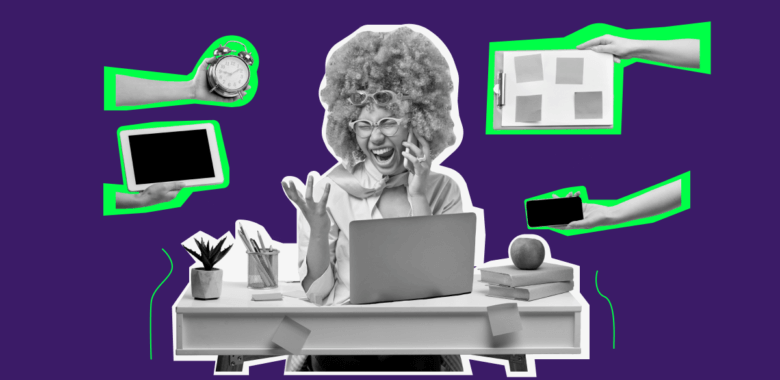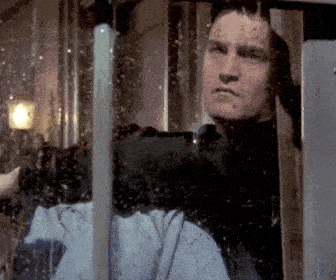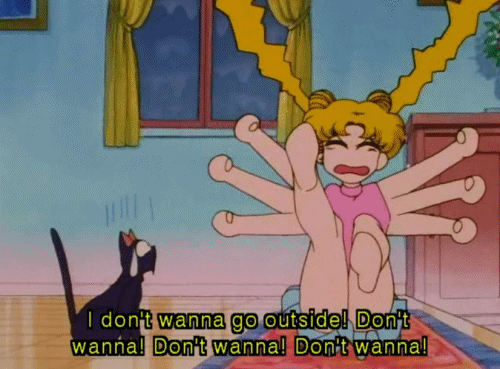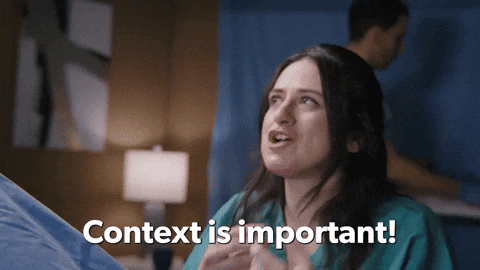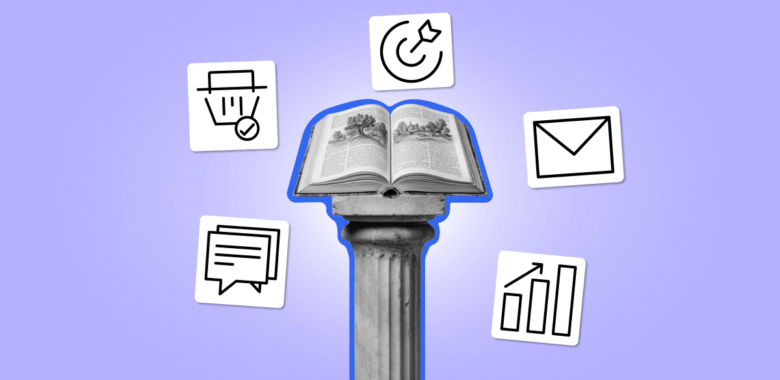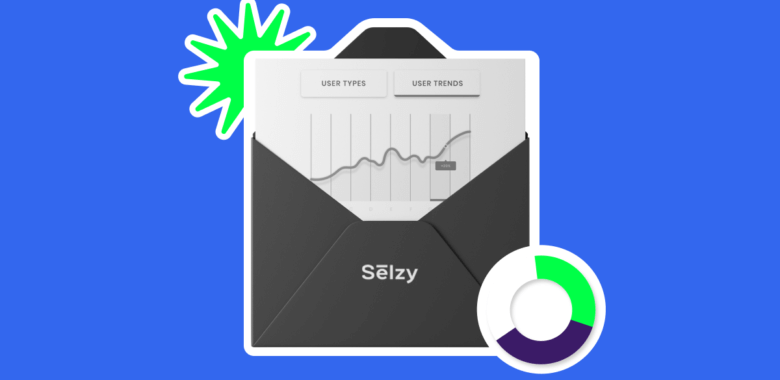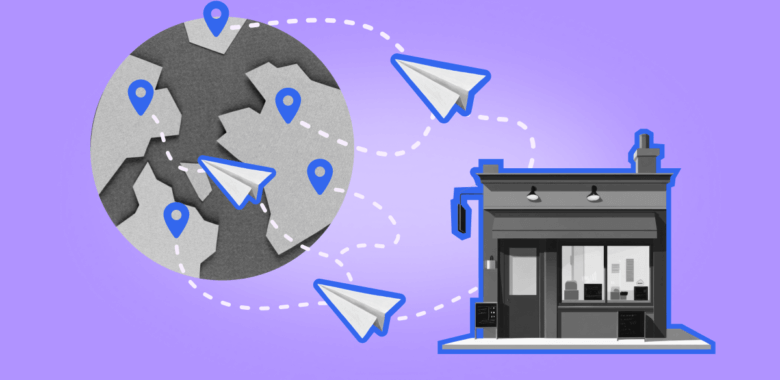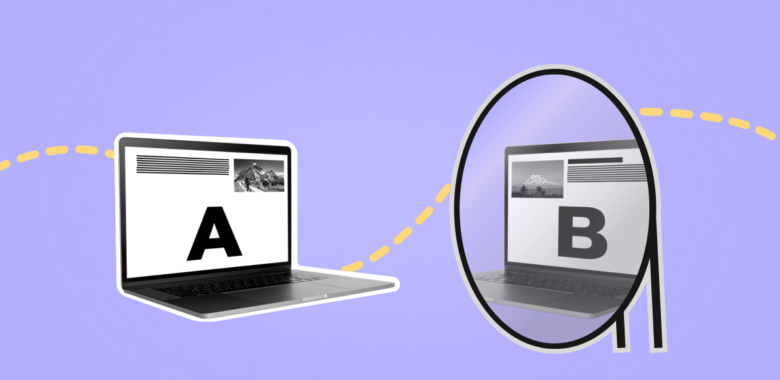Use Selzy to set up email automation once, and reap the results of your efforts once you’re back. The workflow builder is easy and intuitive, and you can start from one of the pre-made templates. In Selzy, you can also personalize your campaigns and get help from our AI assistant.
What is re-entry anxiety?
Before going back to work after a vacation, you may experience anxious thoughts, worries, sleep problems, headaches, and more. All of these symptoms are very common. Some call this state re-entry anxiety or stress, others — post-vacation blues, and even post-vacation depression.
